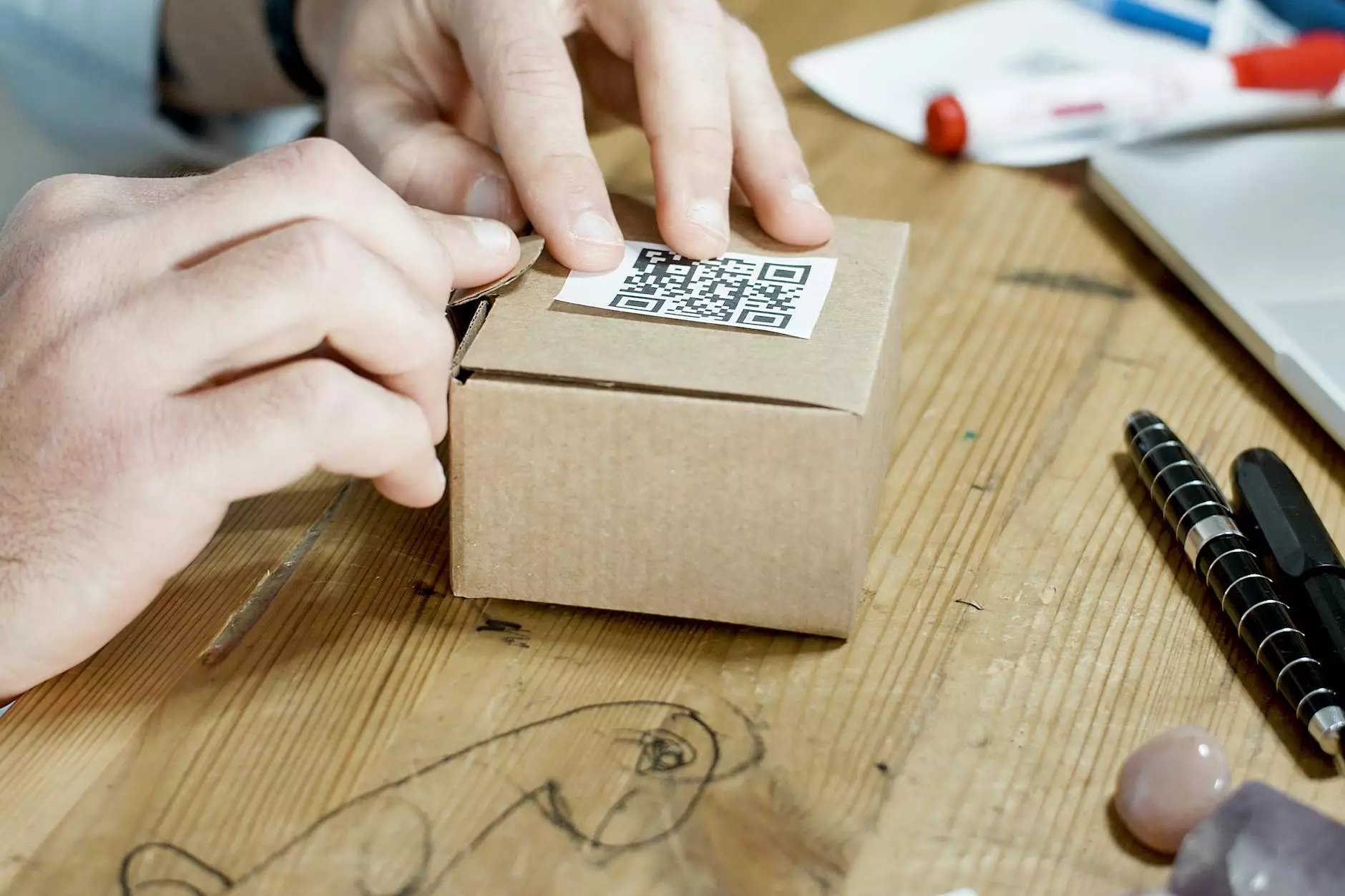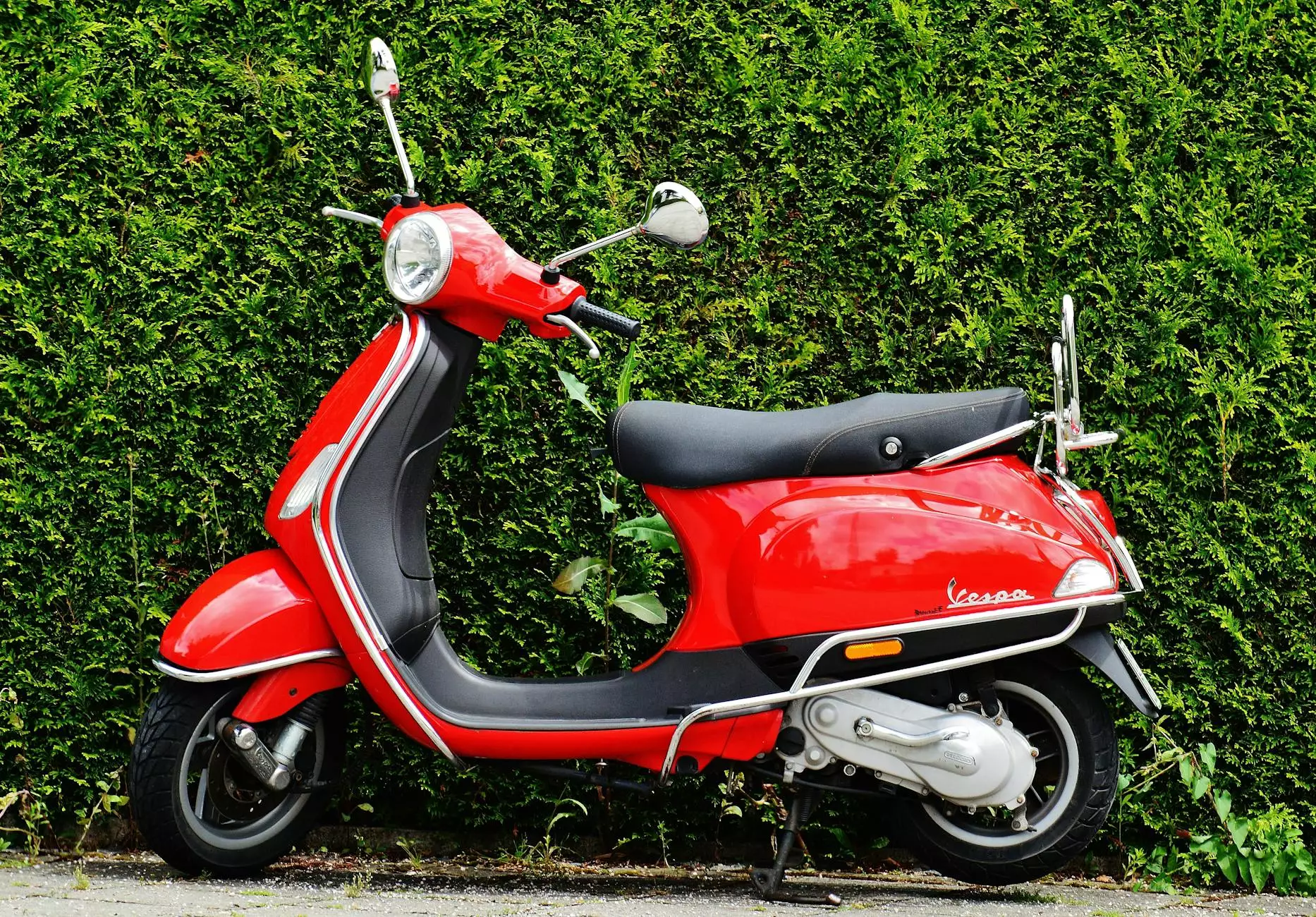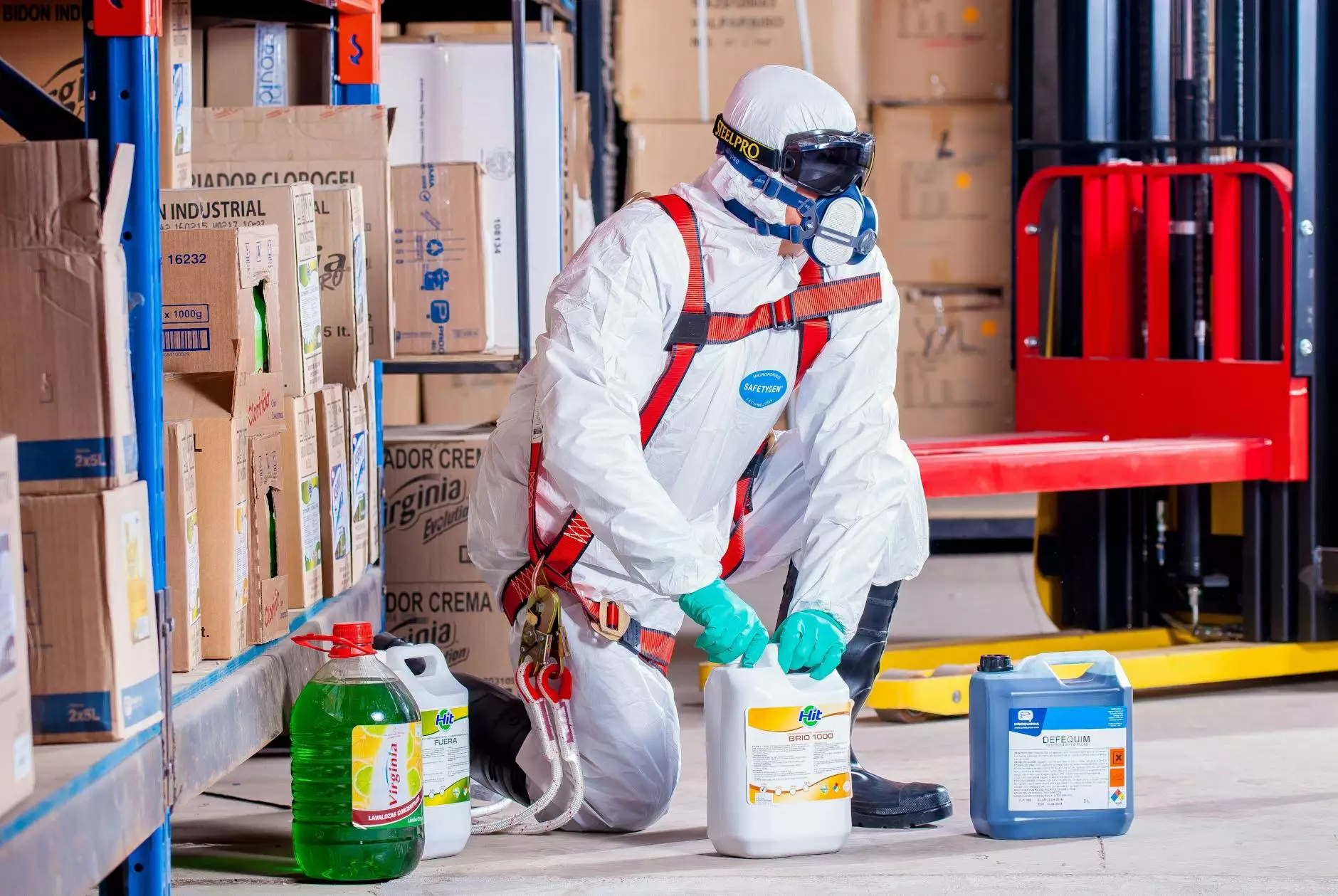Understanding the Bone Density Scanner Cost: Your Ultimate Guide to Health & Medical Equipment Investment

In the rapidly evolving landscape of health markets and medical centers, advanced diagnostic tools are essential for providing high-quality patient care. Among these, the bone density scanner has become an indispensable device in diagnosing osteoporosis and other metabolic bone diseases. As the demand for such equipment grows, understanding bone density scanner cost becomes critical for healthcare providers, clinic administrators, and investors aiming to optimize their budgets while ensuring top-tier services.
Why is a Bone Density Scanner Important in Modern Healthcare?
The bone density scanner, often known as a DEXA (Dual-Energy X-ray Absorptiometry) scanner, plays a pivotal role in early detection and management of osteoporosis, which affects millions worldwide. Early diagnosis can significantly reduce fracture risks and improve patient outcomes, making these devices a cornerstone in medical centers.
Furthermore, these scanners offer quick, accurate, and non-invasive assessments, integrating seamlessly into routine health screenings, especially for postmenopausal women and elderly populations. The value they bring to health markets emphasizes the importance of understanding their associated costs, benefits, and investment strategies.
Factors Influencing Bone Density Scanner Cost
The bone density scanner cost varies widely depending on several critical factors. Recognizing these elements helps healthcare providers make informed purchasing decisions that balance quality and budget constraints.
1. Technology and Brand Reputation
Top-tier brands such as GE Healthcare, Hologic, and Norland often command higher prices due to their superior technology, reliability, and customer support. Established brands tend to have better after-sales service, longer lifespan, and advanced features that justify the premium.
2. Imaging Capabilities and Features
Modern scanners may include features like full-body scanning, software integration, user-friendly interfaces, and multi-site analysis. More advanced features significantly affect the overall bone density scanner cost but enhance diagnostic efficiency and patient care.
3. New vs. Refurbished Equipment
Opting for refurbished or pre-owned scanners can considerably lower costs without compromising accuracy if sourced from reputable suppliers. Conversely, new machines, although more expensive, guarantee the latest technology and full warranty support.
4. Additional Equipment and Software Expenses
In many cases, additional investment in ancillary equipment, installation, training, and software upgrades should be factored into the overall cost analysis.
5. Geographic Location and Market Demand
Regional differences also influence prices. Areas with high demand and limited supply may see elevated costs, whereas regions with more competition might offer better deals.
Cost Breakdown of Bone Density Scanners
On average, the bone density scanner cost can range from $20,000 to over $100,000. Here’s a detailed breakdown:
- Entry-Level/Basic Models: $20,000 - $40,000
- Mid-Range Models with Added Features: $40,000 - $70,000
- High-End, Advanced Scanners: $70,000 - $120,000+
It's essential to weigh these costs against the potential revenue from service provision, improved diagnostic capabilities, and patient care enhancement.
Long-Term Investment and Cost-Effectiveness
When evaluating bone density scanner cost, consider not just the initial purchase price but also the long-term benefits:
- Increased Patient Volume: Offering comprehensive bone health assessments attracts more patients.
- Better Diagnostic Accuracy: Reduces misdiagnosis, lowering liabilities and treatment costs.
- Revenue Generation: The scanner can be a source of revenue, especially in clinics with high patient throughput.
- Healthcare Facility Prestige: Advanced diagnostic technology elevates your medical center’s reputation.
Financial Strategies to Manage and Optimize Bone Density Scanner Cost
To make the most of your investment, consider the following strategies:
- Leasing vs. Purchasing: Leasing options can reduce upfront expenditures and provide flexibility for upgrades.
- Grants and Funding: Explore government grants, healthcare subsidies, or private funding to offset costs.
- Partnering with Equipment Sellers: Negotiating with manufacturers or distributors can lead to discounts or added value packages.
- Integrating with Existing Infrastructure: Ensure compatibility with current medical systems to reduce integration costs.
Choosing the Right Medical Center Equipment for Your Facility
Deciding on the appropriate bone density scanner involves assessing your specific needs and future growth plans. Here are key considerations:
- Patient Demographics: Focus on features that cater to your primary patient population.
- Clinic Size and Throughput: Larger facilities with higher patient volumes may require faster, more robust models.
- Budget Constraints: Balance initial costs with the anticipated return on investment.
- Technical Support and Service: Ensure after-sales support is reliable and accessible.
- Regulatory Compliance: Confirm the device meets all local health and safety standards.
Future Trends in Bone Density Technology and Cost Implications
The field of medical imaging is continually evolving. Emerging trends include:
- Artificial Intelligence Integration: Enhancing diagnostic accuracy and workflow efficiency.
- Portable Scanners: Reduced size and increased mobility may bring down costs and expand access.
- Software Advancements: Cloud-based platforms improve data management and collaboration.
- Sustainable Designs: Eco-friendly devices could influence future pricing and procurement policies.
These innovations are expected to impact bone density scanner cost by making devices more affordable and versatile over time.
Choosing Beammed.com for Your Medical Equipment Needs
At beammed.com, we understand the significance of investing in high-quality medical equipment to elevate your healthcare services. Our extensive catalog offers a variety of bone density scanners suitable for different budgets and clinical requirements. We provide expert consultations, competitive pricing, and comprehensive after-sales support to ensure your investment yields maximum benefits.
Whether you're expanding a medical center, upgrading your existing facilities, or entering the health markets, our team ensures you get the optimal equipment at the right bone density scanner cost for your specific needs.
Final Thoughts: Making an Informed Decision on Bone Density Scanner Cost
Investing in a bone density scanner is not merely a procurement process; it's a strategic decision that directly influences the quality of care you provide and your facility's competitive edge. Careful analysis of factors affecting bone density scanner cost, understanding the long-term benefits, and choosing a trusted supplier like beammed.com can position your healthcare enterprise for sustained success.
Incorporate advanced imaging technology thoughtfully, considering both immediate costs and future growth opportunities. The right investment will not only enhance diagnostic capabilities but also boost your reputation, patient satisfaction, and profitability in the thriving health & medical sector.









